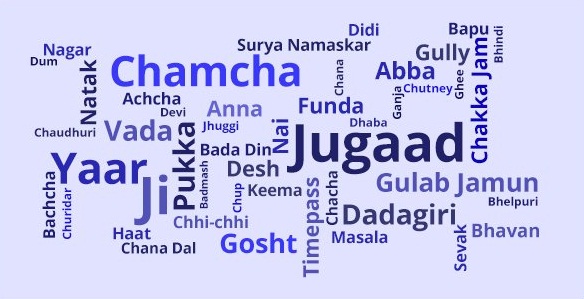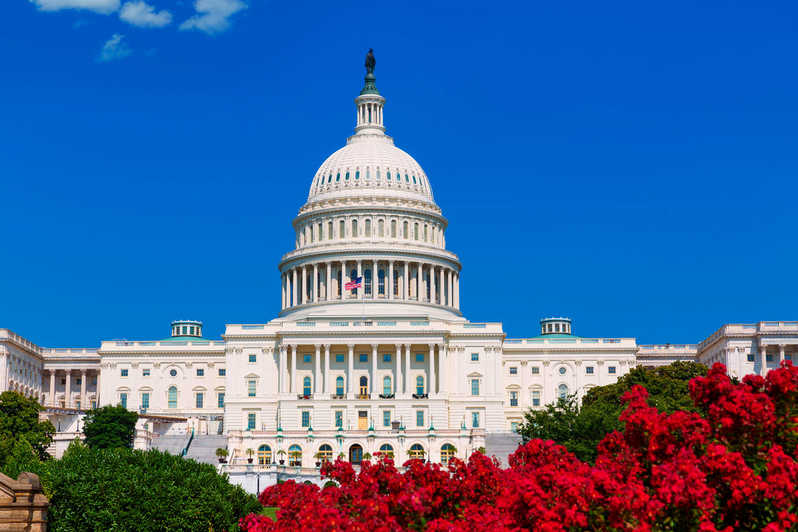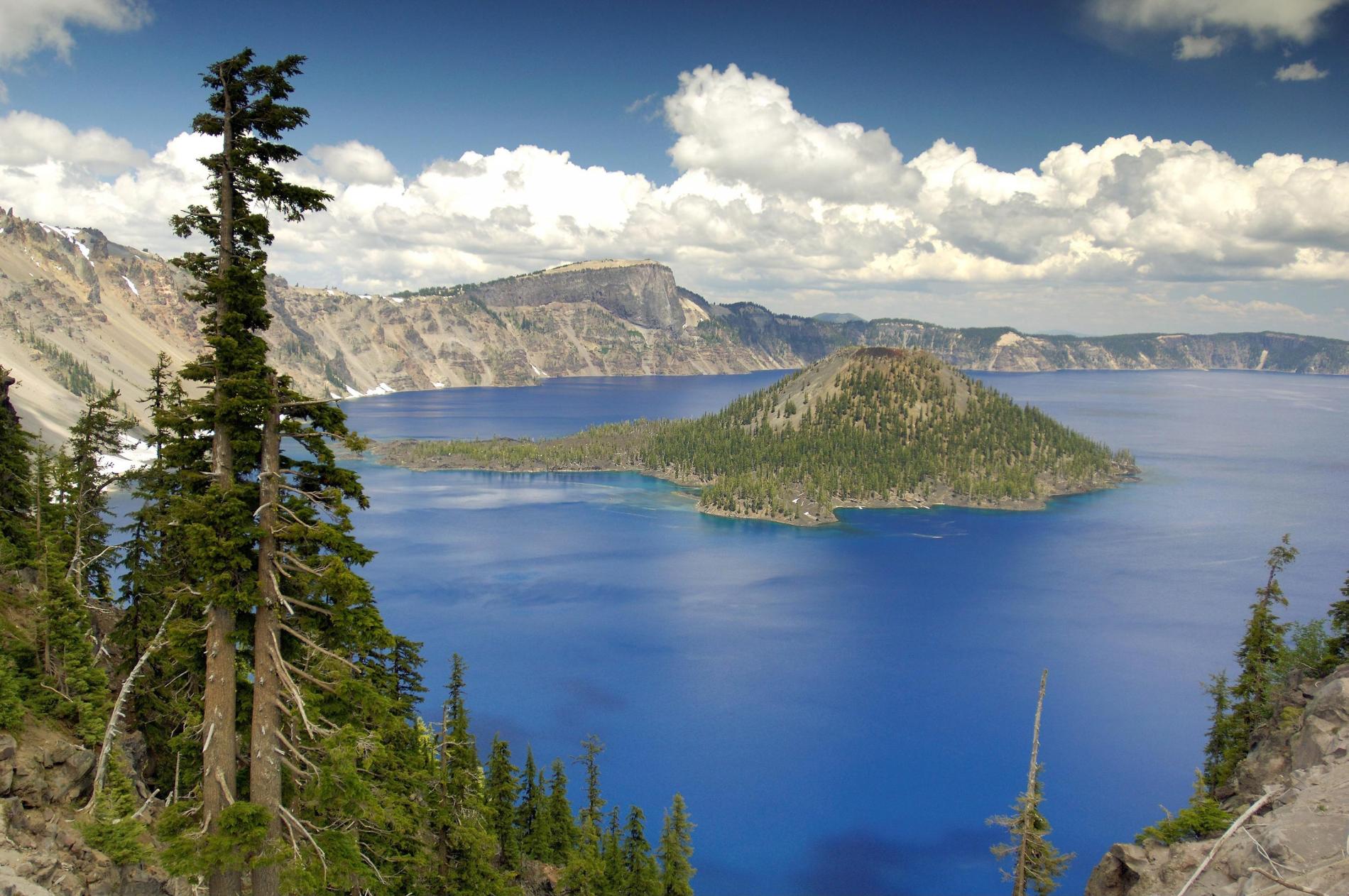Indian Words in English

English really isn’t a Native American language, but virtually all of today’s Indians speak this as their first and primary language. During the past several centuries the English-speaking Europeans and their descendents who have come to occupy what is now the United States and Canada have consistently shown intolerance for other languages. Consequently, native languages have been suppressed. Native Americans have been required to learn English, and have not been allowed to use their native languages.
In the early days of contact between Native Americans and the English-speaking colonists, the need for communication between the two groups resulted in the formation of Pidgin English. Pidgin English is a stripped down version of English which allows for basic communication. Pidgin English was primarily a trade language. During the seventeenth century, American Indians, if they learned English at all, learned it only as a medium for basic communication with alien invaders.
Another interesting aspect of the use of English and its incorporation into Indian cultures is in swearing: in general, Indian languages do not have swear words. As the Indians came into contact with English-speaking people, they acquired the art of swearing which was always done in English.
As the Europeans invaded the North American continent they encountered many things which they had never seen. Having no words to describe these things, the European colonists-English-speaking, Spanish-speaking, and French-speaking-borrowed many words from the Indians.
Some of the Indian words which have been incorporated into English included words for plants, animals, and foods:
Abalone
Avocado
Caribou
Cashew
Cassava
Chili
Chipmunk
Chocolate
Condor
Cougar
Coyote
Hickory
Hominy
Iguana
Maize
Moose
Muskrat
Ocelot
Opossum
Pecan
Persimmon
Petunia
Potato
Puma
Raccoon
Skunk
Squash
Succotash
Tobacco
Tomato
Woodchuck
Some of the words described clothing and tools:
Canoe
Hammock
Kayak
Moccasin
Tipi
Toboggan
Tomahawk
Wampum
Wigwam
Some of the other words English has acquired from American Indian languages include:
Barbecue
Bayou
Buccaneer
Caucus
Chinook
Hurricane
Mackinaw
Podunk
Powwow
Quinine
Totem
“Caucus” comes into English from the Algonquian caucauasu which means “counselor” and was first recorded in print by Captain John Smith, an early English colonist.
“Buccaneer” originally meant “someone who dries meat on a wooden frame over a fire” and has its origin in the Tupi language of the Caribbean islands. It came into English through French.
This list of words is not complete, but illustrates some of the words which English has borrowed. In some cases, English has borrowed the words directly from Indian languages (most of these have come from the Algonquian languages), while in other instances the Indian words have come into English from Spanish or French.
In addition to borrowing words to describe the new wonders they were seeing, the Europeans also borrowed a number of place names. Adjacent to the United States, both Canada and Mexico are Indian names. More than half of the states in the United States bear Indian names:
Alabama
Alaska
Arizona
Arkansas
Connecticut
Dakota
Illinois
Iowa
Kansas
Kentucky
Massachusetts
Michigan
Minnesota
Mississippi
Missouri
Nebraska
New Mexico
Ohio
Oklahoma
Oregon
Tennessee
Texas
Utah
Wisconsin
Wyoming
On the local level, many cities and towns, including Chicago, carry Indian place names.



